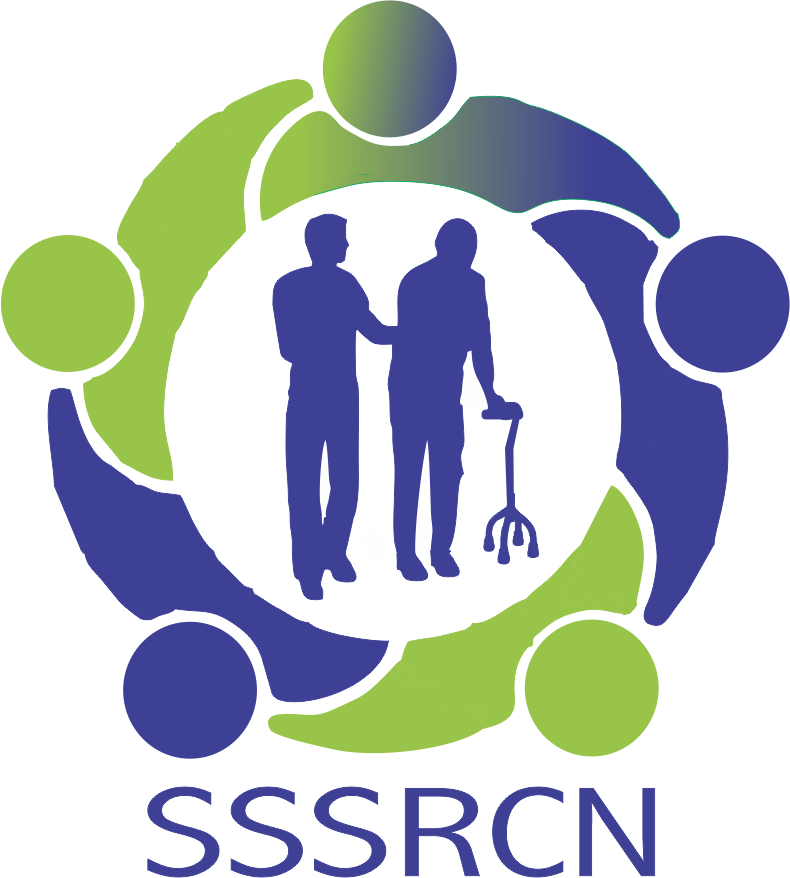A stroke is an accident that occurs in the vessels that transport blood in the brain. Many factors may contribute to stroke development, and we call these “risk factors.” In this article, we will focus on a risk factor encountered daily in our lives, but we often fail to address – stress.
Credits: Pexels
What are Risk Factors in Stroke
Risk factors are elements that contribute to developing a medical condition or illness. For a condition like a stroke, we often talk in the context of modifiable risk factors such as diet and physical activity. Also, we can describe factors that we cannot modify, such as age or gender.
Credits: Pexels
Stress: An Often Ignored Risk Factor?
From studies on stroke, there is a risk factor common to almost everyone today, and this is stress. Researchers established this relationship as early as 1990. There has been a link between the level of stress experienced at work and home with the increased incidence of stroke. When we examine the amount of stress we face daily, it becomes essential to see stress as a significant risk factor for stroke.
Stress is generally a feeling of anxiety, tension, irritability, and sometimes, sleeplessness. This definition includes many of the negative emotions that typically characterize our lives. Although, the type of stress that is more associated with the incidence of stroke was high-stress intensity. In some studies, stress occurring in high intensity can double the risk of developing severe types of stroke. In other cases, some sudden distressing events lead to stroke in some patients.
How Does Stress Lead to Stroke?
Stress is already linked as a risk factor for stroke. But we have to ask how stress does this.
Sometimes, the body works like a machine that functions based on signals sent from its systems. One of these systems is the autonomic nervous system. Stress can lead to a series of reactions that activate the autonomic nervous system and lead to changes in the body.
Credit: Pexels
These changes may involve the blood vessels becoming constricted. Also, the pressure of blood flow may be affected due to these reactions. There may also be a lower release of chemicals that make blood vessels relax. All these may lead to increased blood pressure and result in a stroke.
In another way, stressful situations can increase inflammation and suppression of the immune system. These events can increase blood clotting and contribute to the occurrence of stroke.
Additionally, stress also affects the heart muscles, asides from the blood vessels. For example, electrical activities of the heart may be irregular in patients who have posttraumatic stress disorder (PTSD). In this case, the heart rhythm may become altered in a condition known as atrial fibrillation. This condition again leads to higher risks of stroke.
Managing Stress and Preventing Stroke
The effect of stress on the development of stroke is established. In reality, whether you live in a busy city or a quiet little community, you cannot escape anxiety. Yet, the most important is learning how to keep stress levels minimal to prevent serious events such as stroke.
Credits: Pexels
Healthy practices are always encouraged. For example, regular exercise, adequate sleep, eating healthy and having regular health screenings. These can all help to manage stress. Also, many of the mechanisms of how stress increases the risk of stroke occur through blood vessels and the cardiovascular system. Thus, regular blood pressure monitoring is essential.
Credits: Pexels
In conclusion, the best health decisions are not always obtained on the internet or with friends or colleagues. Therefore, consult a medical professional when exhibiting symptoms of stress such as anxiety, tension, irritability, and sleeplessness.


Very informative.
Thanks for this
Hmmm. Interesting !
So educative!
Great!
Nice one ?
After I initially left a comment I appear to have clicked the -Notify me when new comments are added- checkbox and from now on each time a comment is added I recieve 4 emails with the same comment. Is there a means you can remove me from that service? Kudos!
I hope this problem is fixed, and you are no more getting such emails. If not, please get back to us, we are happy to ask our engineers to look into this. Thank you